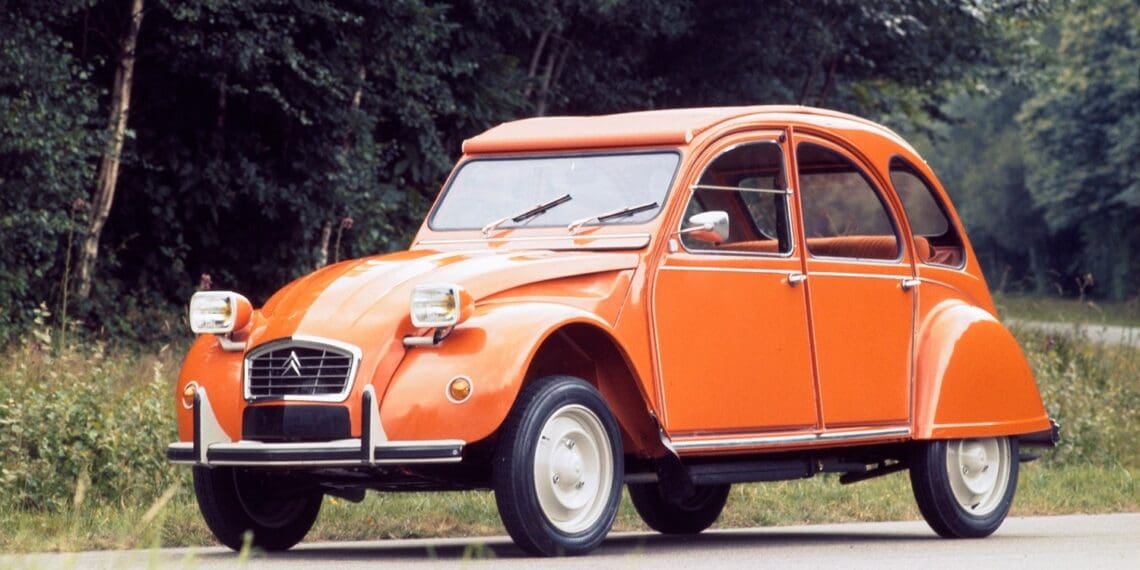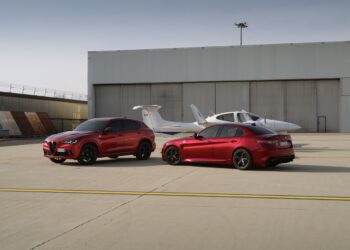After the return of the Renault 4 L in electric version, it is now Citroën’s turn to consider bringing back to the roads the legendary 2 CV, more than three decades after the last model was produced at the factory in Mangualde, Portugal.
According to the British publication “Autocar”, the project is still in its early stages, but the idea could gain momentum in the coming times, considering that the French brand will celebrate the 80th anniversary of the 2CV’s debut at the Paris Motor Show in 2028.

The idea of potentially bringing back the 2CV marks a shift in Citroën’s plans, as the brand has previously shown resistance to the idea of re-producing some of its most iconic models.
Interviewed by “Autocar” at the recent Brussels Motor Show, Citroën’s design chief, Pierre Leclercq, did not publicly confirm the return of the 2CV, but made it clear that the brand “is not closed to the idea” of retro designs.
In fact, the French brand’s retro appetite was revealed in 2024 when it presented the revamped Ami, a quadricycle that Citroën claims is inspired by the 2CV, featuring details such as headlights that resemble the iconic model from the brand.
The idea of bringing back the 2CV seems to still be in its embryonic stage, with the possibility that, as we move towards electric mobility, its return could come as a 100% electric model, likely based on the Smart Car platform, the same one used by the new C3, in order to reduce costs and offer an affordable price model.
As for the engine, the new 2CV will certainly prioritize efficiency over performance, which could allow for the model to be equipped with a 100% electric motor, despite the Smart Car platform supporting pure combustion and “mild hybrid” systems, along with a small and therefore cheaper battery. This idea gains traction after Citroën’s CEO, Thierry Koskas, recently revealed that batteries are the biggest barrier to reducing the prices of electric vehicles, accounting for about 40% of the final cost.
It is worth remembering that the original 2CV aimed to provide low-income individuals with an economical and versatile car. When it went into production in July 1949, the 2CV was a small car with a 9 hp, 375 cc, air-cooled, two-cylinder engine, capable of reaching a maximum speed of 50 km/h.
Produced between 1949 and 1990, the last 2CV rolled off the assembly line in Mangualde, Portugal, 42 years after its launch, on July 27, 1990.










